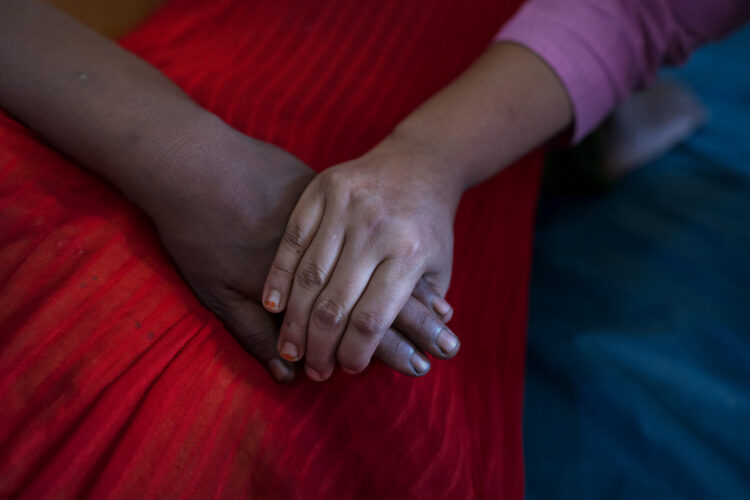Do No Harm: Joint Statement against the medicalization of Female Genital Mutilation in Asia-Pacific

In 2024, over 230 million women and girls globally had undergone female genital mutilation (FGM), with 80 million of them living in Asia. Alarmingly, around 1 in 4 acts of FGM are carried out by professional health workers, in clinics or homes. This creates the misconception that FGM is ‘safer’ and ‘less harmful’ when performed by health professionals. Let us be clear: FGM is never safe. It is a deeply harmful practice that inflicts both physical and psychological harm, violating the right to health, well-being and bodily autonomy of women and girls, and should not be practiced or condoned by anyone – including health workers.
The United Nations Population Fund (UNFPA) and the World Health Organization (WHO) in Asia-Pacific and Southeast Asia, the International Confederation of Midwives (ICM), the International Federation of Gynecology and Obstetrics (FIGO), and the Asia Network to End FGM/C stand united in condemning the medicalization of FGM.
Through this joint statement, we call upon every midwife, nurse, doctor and other health worker in standing firm against the practice of FGM, and we reaffirm our support to every health professional – and to policymakers, health authorities and political and societal leaders – in implementing urgent, proactive actions that protect women and girls.
Recommendations:
We urge all midwives, nurses, doctors and other health workers in Asia-Pacific to:
- Uphold the fundamental principle of human rights and medical ethics of ‘do no harm’ by unequivocally refusing to perform, assist with, or facilitate FGM in any form.
- Protect the bodily autonomy and integrity of women, girls and newborns, by actively opposing the medicalization of FGM, rejecting any social or cultural pressures to perform it.
- Adhere to and promote compliance with professional codes of conduct and codes of ethics that explicitly prohibit FGM and its medicalization, by prioritizing women and girls’ physical and psychological well-being over any religious beliefs or cultural and social norms.
We further urge professional health bodies, including regulatory authorities, professional health workers’ associations, health educators and relevant Government departments and Ministries to:
- Establish and enforce professional codes of conduct that clearly prohibit the practice of FGM in any form or setting, ensuring health workers understand their professional and ethical obligations to refuse to perform FGM.
- Integrate FGM prevention into pre-service and postgraduate curricula for midwives, nurses, doctors and other health workers.
- Advocate for strong legal protection and accountability by supporting laws that explicitly prohibit all forms of FGM in Asia-Pacific, regardless of who performs it or where, and ensure that these laws are effectively enforced.